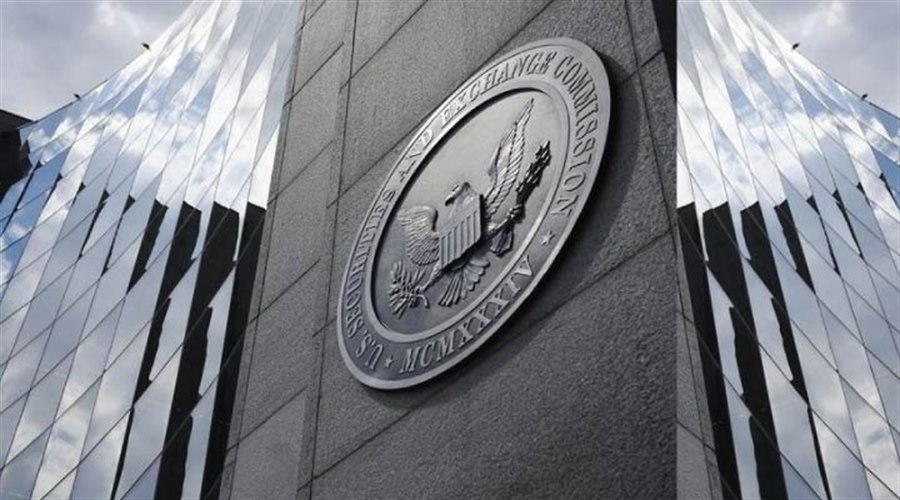Just one day after the Security and Exchange Commission (SEC) made it known that it was suing the world’s largest crypto exchange Binance, along with its CEO Changpeng Zhao, the regulation agency then went on to sue the largest crypto exchange in the US, Coinbase.
The case being presented against Binance and its CEO details thirteen offenses, including that they “subverted their own controls to secretly allow high-value US customers to continue trading.” Regarding Binance’s US trading arms, it’s contended that they were offering unregistered securities, that their separation from the main business was essentially just a front, and that they were “operated as a fraud or deceit.” There are other claims that customer deposits were mismanaged, and it was stated that Changpeng Zhao operates a “web of deception.”
Against Coinbase, the allegation is that the platform has acted as an “unregistered broker, exchange and clearing agency.”
Crypto Spot Exchanges by Volume, from CoinMarketCap
Binance and Coinbase are hugely influential, and the implicit statement of intent being made by the SEC seems clear: yes, it’s coming for crypto, and no, it isn’t interested in a debate about whether or not new frameworks are required in order to integrate crypto with mainstream finance.
In fact, such sentiment is not just implied, it’s been articulated directly by SEC’s Chair Gary Gensler, who in an interview with CNBC stated,
“We don’t need more digital currency, we already have digital currency, it’s called the US dollar, it’s called the Euro, it’s called the Yen: they’re all digital right now. We already have digital investments … it’s all digital right now, the investing world”.
These are not the words of a commission chief interested in exploring what differentiates decentralized public blockchains from central bank-administered fiat currencies; this is a message that reads one way only: according to the SEC, existing institutions, and the regulations that protect them, are the only game in town.
What’s more, in an unfolding development, the SEC has filed a motion to freeze crypto assets held by Binance US, leading some observers to wonder how freezing investor assets can be synonymous with offering investor protection.
Problems with the SEC’s Position
By going on the offensive against Binance and Coinbase simultaneously, the SEC may have left an impression that both exchanges have operated in a similar manner. It’s…
























